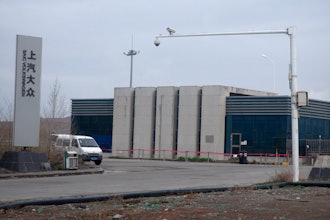
New overtime pay rules from the Obama administration could make business management software much more valuable to companies suddenly facing new payroll costs.
The rules, proposed by the Labor Department in June, would raise the salary threshold that exempts managers and other professionals from overtime pay requirements from nearly $24,000 per year to more than $50,000.
Proponents of the change argued that the exemption was never intended to keep poverty-level workers from earning extra pay, while critics suggested that the increase would wreak havoc on company budgets, scheduling and benefits.
Regardless of the rules' merits, businesses — particularly manufacturers and distributors — will soon need to figure out how to account for the changes.
Read more: WMS versus ERP: Who wins in the warehouse?
Brian Lindenmeyer, a solutions consultant with distribution resource management software provider International Business Systems, said that businesses should avoid the choice between paying overtime or adding more employees by increasing their efficiency in the warehouse.
"We want to eliminate overtime as a whole," Lindenmeyer said in a recent interview.
Lindenmeyer said that, on average, the frontline or middle managers likely to fall under the new guidelines oversee between 12 and 20 warehouse workers.
Although larger distributors would likely see more overhead costs due to the changes, smaller warehouses could face broader impacts. The new standard could substantially increase supervisor pay, and those smaller companies' workloads might not entirely support additional hires.
"This comes back to a need for, 'How do I eliminate overtime? How do I get rid of it?'" Lindenmeyer said. "And the only way to do that is to be more efficient."
Lindenmeyer said that software suites can help companies optimize their scheduling and automate data collection — a step that could help managers avoid reporting and paperwork that often comprises a large part of their overtime.
Those systems could also enable distributors to improve their management of spikes in activity, which often requires the hiring of temporary workers.
Lindenmeyer said that documenting and establishing best practices, improving worker training and building an intuitive warehouse network would also help dramatically improve efficiency.
Eventually, Lindenmeyer hopes that businesses make new hires not to apply a “Band-Aid” to their warehouse operations but to enable those companies' continued growth.
"Those are all things that are configured in our system to take away the numbing effect of trying to make these decisions on your own," Lindenmeyer said. "What we need them to do is run and execute the business in the most efficient manner."






















